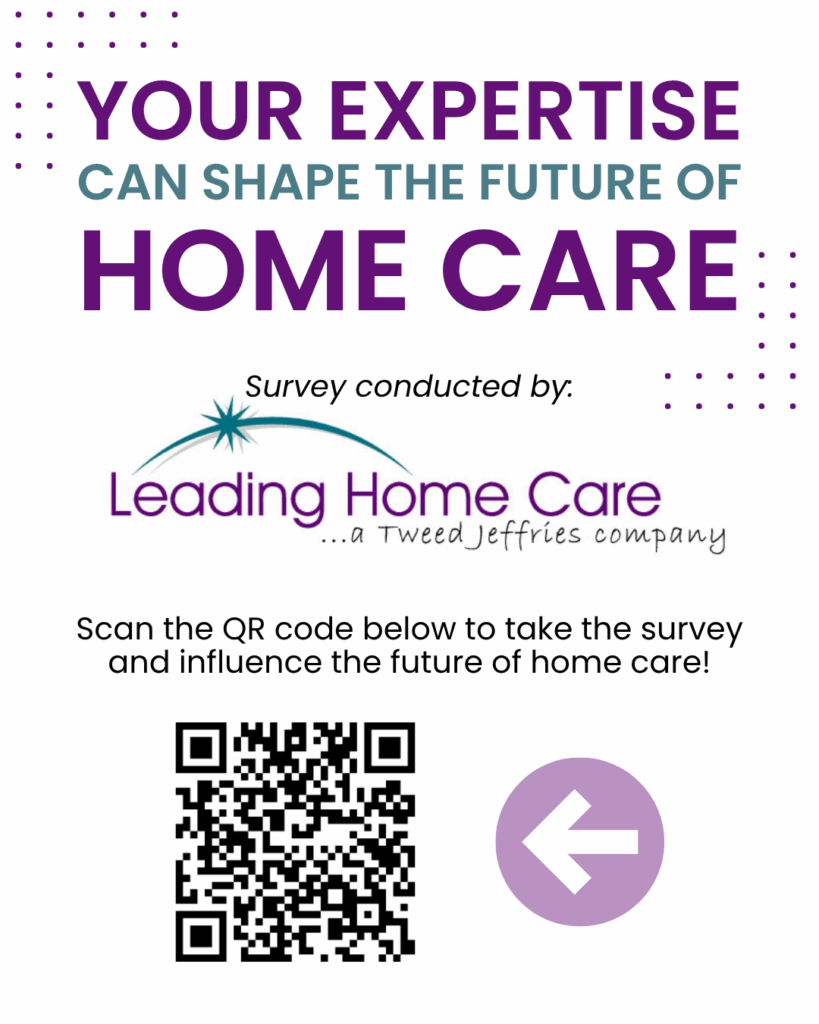Customers may be tempted to try to hire a caregiver that is paid “under the table” outside of your company, such as a friend or family member, in an effort to save money and extra paperwork. Unfortunately, these families often overlook the legal fine print and put their senior and themselves in jeopardy of financial ruin.
A common misunderstanding is that family help is just that, help. Some family caregivers may feel that they are not “true” trained caregivers, so there is no point in setting up an employer and employee relationship.
According to Jill Senso, an education coordinator with the National Association of Tax Professionals (NATP), “The worker becomes your employee if you control what work is done and how it is done.”
This applies to family care giving over a vast grey area. It starts with phone call check-ups, then short visits, running errands, and eventually a schedule is set to meet the needs of the elder and the caregiver. This schedule is the beginning of an employer and employee relationship, which involves financial planning and legal paperwork to ensure a smooth journey for both parties.
Obviously family care giving isn’t a good fit for every family, especially when all of the legal risks are taken into consideration. While it might seem like an uneasy choice for customers to invite a non-medical home care company to ensure the health and happiness of an aging parent, there are many benefits.
The choice your customers make about hiring through family or through an agency is based on multiple facets, not just money alone. Openly inform your potential customers about the cons and pros of both. If hiring a family caregiver is more of a hassle than a help, they will appreciate your services more because they know your company is knowledgeable and honest.



